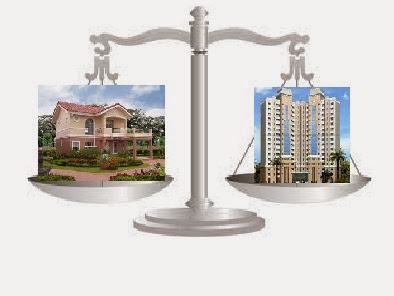Bangalore is seen to be the latest realty center of the country. The city has also seen many Business Process Outsourcing (BPO) and Information Technology enabled Services (ITES) companies setting up offices in Bangalore. Hence, due to this the city is seeing an increased need for residential and commercial properties There was an increased need for office spaces when it comes to the commercial segment of the Bangalore.
Primarily there are seen to be two reasons for this. The first is that there are companies which are on an expansion mode of their office floor area. The second reason is that there are numerous IT companies which are forming a base in Bangalore. These two factors are seeing to it that there is an upward trend in the demand for residential spaces. This shoot up in the number of companies in Bangalore is also making the realty players, both from big to small ones to form attractive projects.
In Bangalore, the realty scenario has seen increased and active growth. Moreover, there has also been seen a progressive purchasing style from customers who have the aim to buy flats, villas and plots in and around Bangalore. It has been noticed that Bangalore has seen a strange pattern which is akin to the phenomenon across the world. There has also been confirmation on this style what with the detailed studies by various managements, related research organizations and real estate funds. What is the significance of this pattern is that it depicts that there has been seen an increased development in the outskirts of the city rather than the Central Business District (CBD) or the inner city area. Usually, BBMP areas are prominent in the CBD area.
Sahakar Nagar, RT Nagar and Hebbal in North Bangalore have come across as the best performing areas when it came to residential real estate. All through the year, these areas have been seeing an increase in appreciation for residential property and upward trend in demand. North Bangalore is fast emerging as the residential destination that is much sought after owing to the fact that there is proximity to BIAL, improved infrastructure in this region, besides complete greater connectivity.
In West Bangalore, Magadi Road, Vijaynagar and Tumkur Road are fast coming out as prime spots which are witnessing a constancy in demand owing to the fact that there is development of Metro line. The Metro line is slated to provide greater connectivity. Kanakapura Road is another layout that has already witnessed the greater advantages of Metro connectivity. What else is making the area emerge as the hot spot is the availability of Cauvery water and the establishment of the NICE Road (The Bangalore-Mysore Infrastructure corridor).
Moreover, what has been witnessed is that there are greater investments that have shooted up in the IT industry besides the tendency to spend and the salary to spend has also increased. What more has led to the boom of this sector is that in the year 2005, there has been a revision of the FDI policy.






